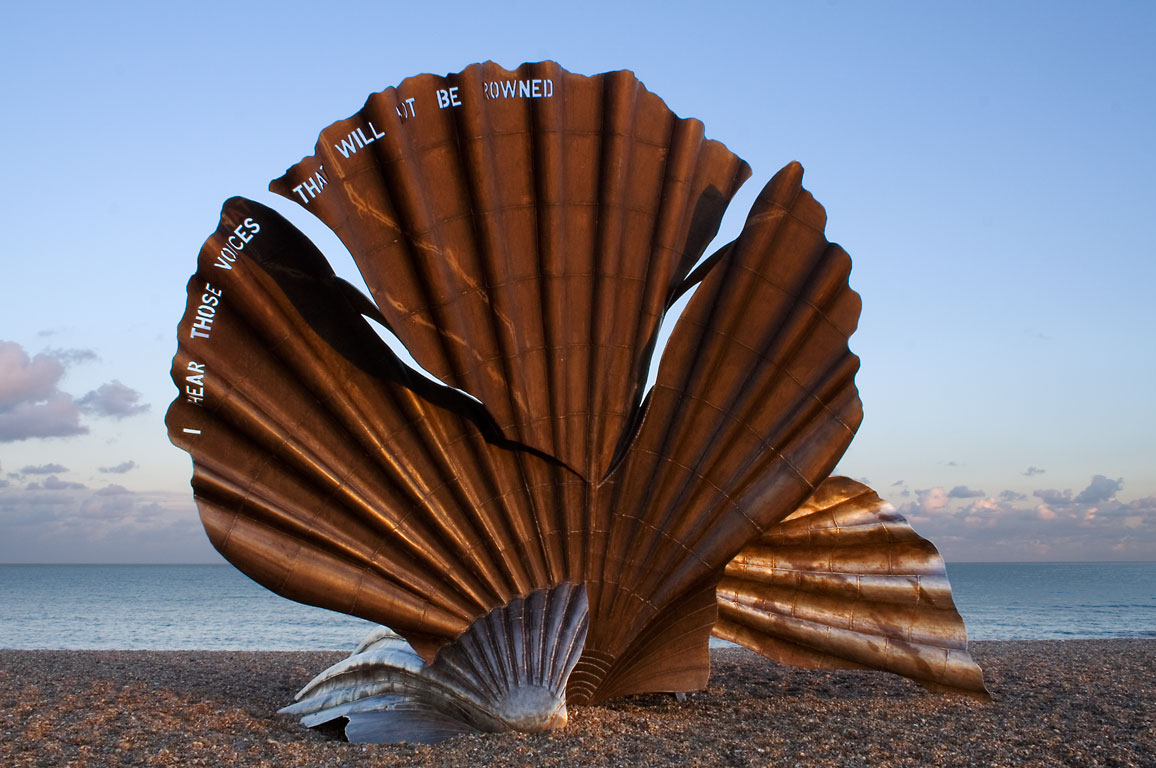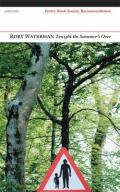I was thinking about the poet's 'place' in the world and remembered this quotation by E.M. Forster about the poet Cavafy "standing absolutely motionless at a slight angle to the universe." Fairly relevant to most poets. Back in the summer I wrote a hasty poem about a childhood home which also wasn't about it either. It was just a place in a poem I suppose, even if it started off true. I revised it a bit (it started life as one of Jo Bell's 52 poetry prompts) and sent it off in an envelope to the Nottingham Open Poetry Comp and it received a merit. There was a prize giving ceremony in October. There was even a competition buffet on the day, yummy. I digress. In her judge's report, Helen Mort wrote about the importance of place in her favourite poems:
'I’m obsessed with trying to write about different places and locations in my own work and I really loved the different worlds (whole worlds in some cases) these poems all introduced me to. Like all the best place poems, they captured not what you could read in a visitor’s guide, but what it feels like to be there...'
 |
| What you see on exiting Nottingham Station... |
Many of the poems she chose were about the idea of place. The second prize winner, Liz Venn, wrote a poem called 'The Spin' as in a spinning globe which contained these lines:
As you get older and more birdlike,
keep a grip on the quick land,
stay close to the outreached hand
It seems to be about the speaker's need to root themselves somewhere. The first prize poem was called 'Day Trip' by Julie Lumsden and ended with this verse:
or forget the serious sea
out in the bay where the tide comes in
faster than a man can run.This place feels real and concrete but also has an emotive force. To me it's about feeling overwhelmed. Universal. In Mark Done's poem 'Ratcliffe-on-Soar Power Station, 9 hole, par 60 (3624 yards)' the night-shift workers are playing golf at work, leaving odd traces behind, such as 'an upturned saucer of the 9th green' and 'future archaeologists will speculate about its use.' My dad worked at Ratcliffe Power Station once, I should ask about the golf. In John Foggin's poem 'The Fox on the Window Sill' that place is the location for the fox's skeleton. The remains are always in a state of decay, but still visible. The bones have something to say about her life and where she lived. The skeleton: 'grows articulate, what’s left – / skull and grinning jaw', Death is a (sort of) place too
If you'd like to spend some time going through the winning poems, and my poem 'Resident' is there too, click here to read.
John's poem reminds me that the other day I read the most lovely poem by Peter Sansom, called 'Mini Van' which was commended in the Troubadour Poetry Prize, A boy in the mini van is stuck 'In the back / with no seats or windows / just more grey metal' en route to 'a houseful of the dead / still living none of them more than ten minutes / from where they were born.








